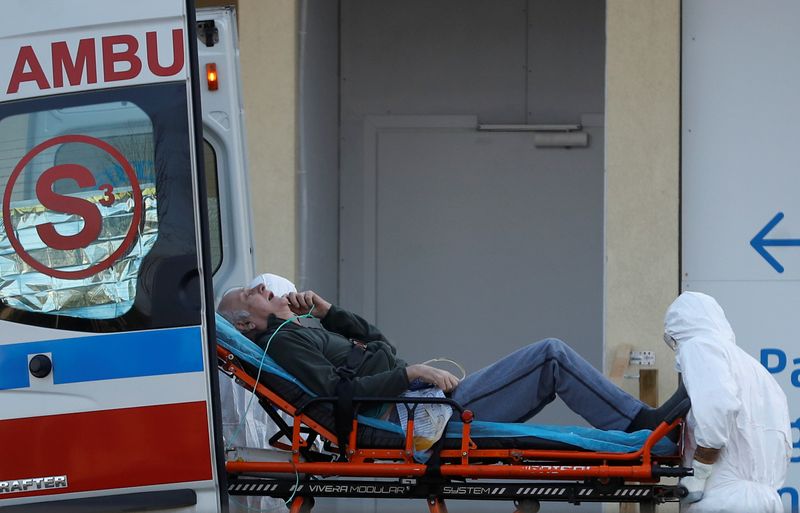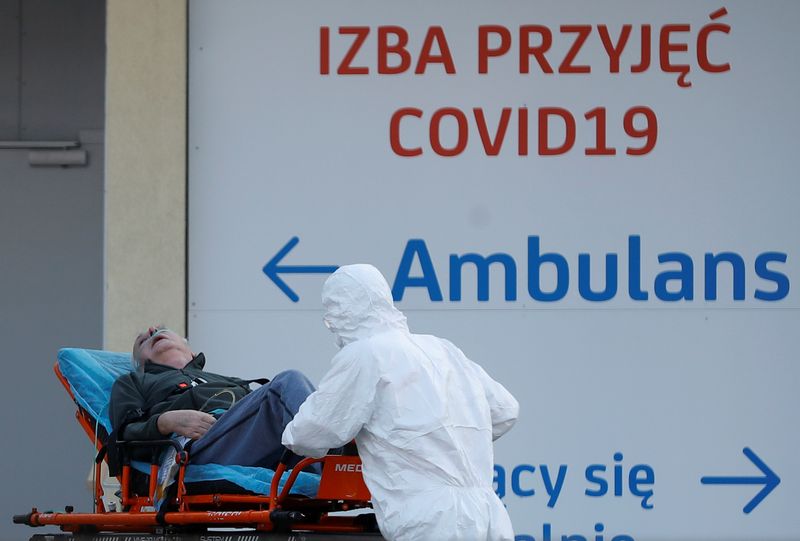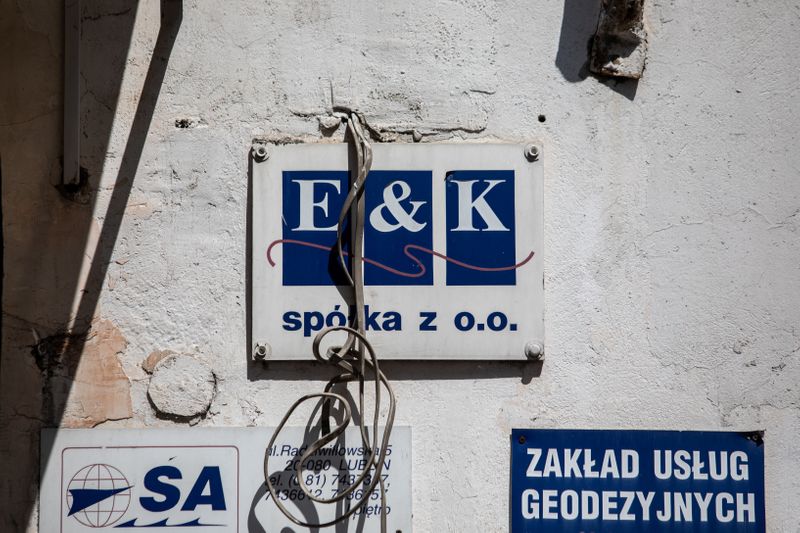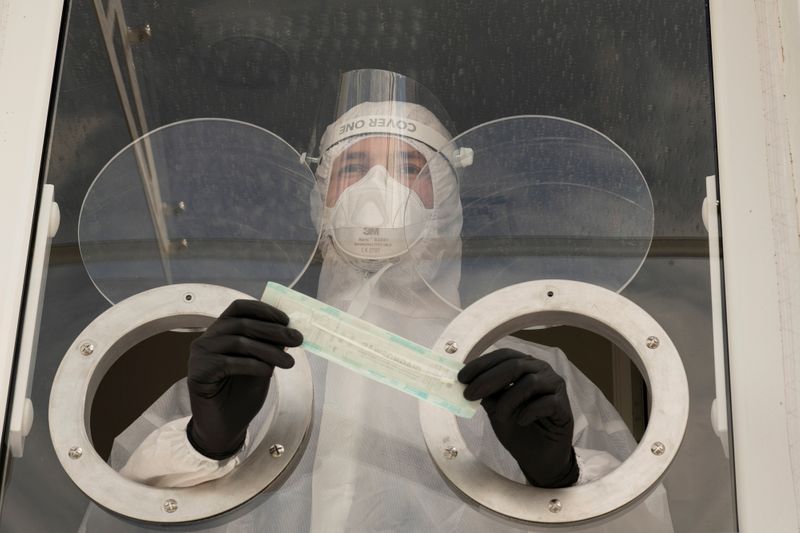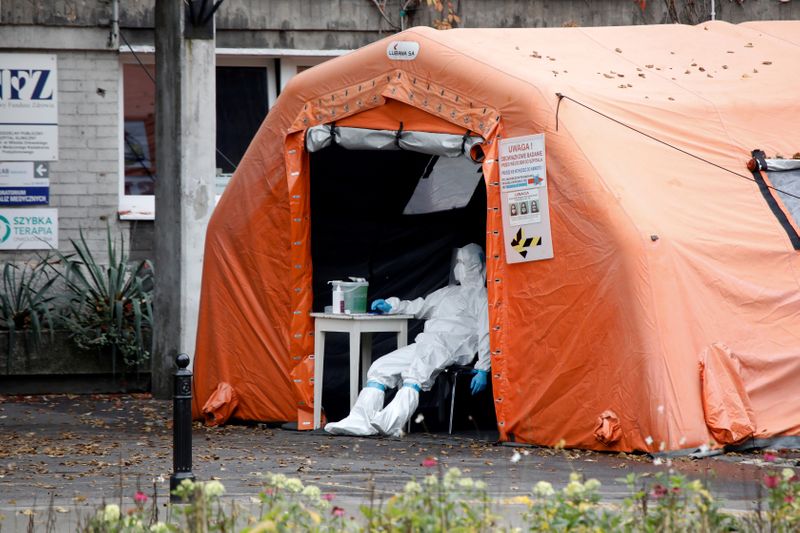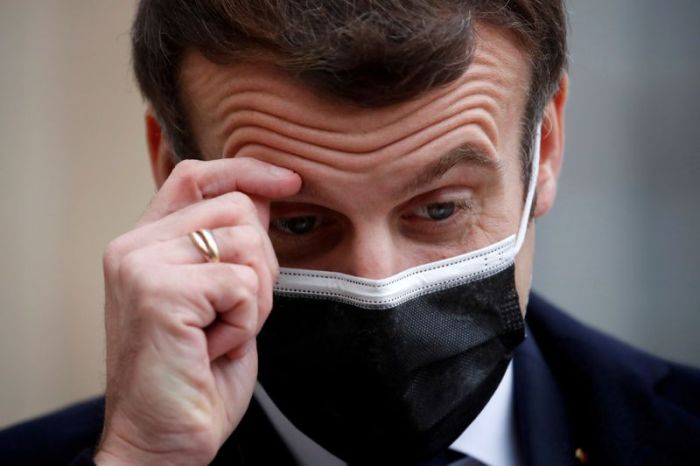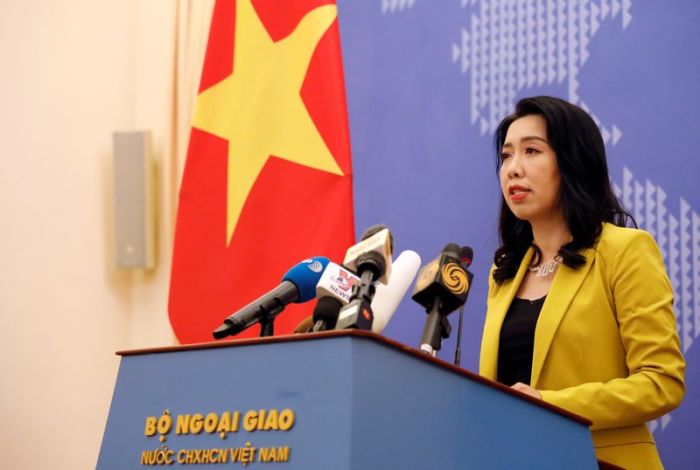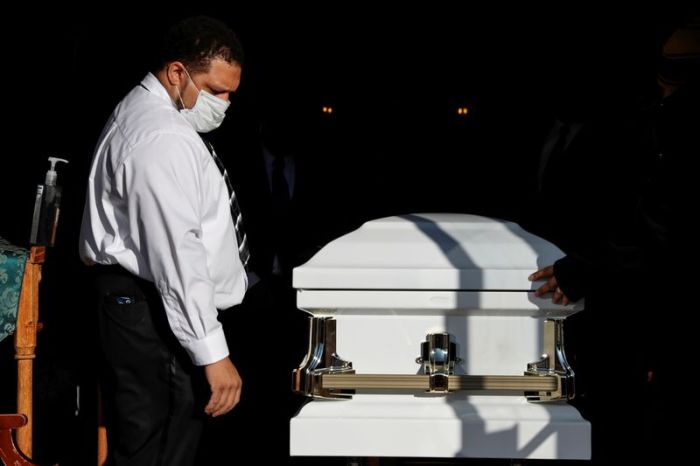WARSAW (Reuters) – When the coronavirus pandemic surged across Europe in April and hospitals were desperate for ventilators, Poland’s government turned to an unlikely supplier: an arms dealer.
Andrzej Izdebski, 69, has helped smuggle rifles and ammunition across borders, worked for Poland’s Communist secret services, and claims to have sold dietary supplements to North Korea.
Months later, as a second coronavirus wave strains Poland’s hospitals and raises its COVID-19 death toll, Izdebski has provided less than a fifth of the 1,241 ventilators the government agreed to buy for about $53 million, the government and Izdebski say.
Izdebski’s struggle to deliver ventilators to Poland opens a window into the extraordinary lengths countries have gone to obtain the devices in the pandemic. While wealthier countries raced to secure the breathing machines from big manufacturers in China, Europe and the United States, poorer countries like Poland had a choice when the pandemic swept the globe: go on a waiting list that could delay shipments by months or turn to little-known third-party brokers.
Izdebski went with the brokers.
Under the deal, the Polish government expected Izdebski’s company to deliver the first 321 ventilators in April and May. But with buyers around the globe also scrambling for the devices, Izdebski struggled to secure them on time, he said in an interview. When they didn’t arrive, Warsaw cancelled those orders.
Warsaw expected the remaining 920 ventilators ordered through Izdebski to come in June.
But by early July, he had delivered just 200, according to the government official in charge of the deal.
The official didn’t blame Izdebski for failing to deliver the machines, which help patients breathe and can be the difference between life and death for those facing the most dire respiratory effects of the coronavirus. He said Izdebski produced documents showing that one of the manufacturers wasn’t able to deliver the ventilators on time. Izdebski corroborated the official’s account. Reuters was unable to view the documents.
But by then, Warsaw had turned to other suppliers and cancelled orders for 1,041 undelivered ventilators. Izdebski said he paid for more than half the original order with the money he received up-front from the government.
Today, he owes Warsaw millions of dollars and is seeking buyers for almost 500 ventilators.
His unwanted inventory is a predicament that caps a year of chaos worldwide, as authorities cast aside regular procedures to obtain medical equipment. This year, European countries and the United States agreed contracts for ventilators worth at least $5.3 billion, according to a Reuters tally of 106 deals. In at least 10 cases, as many as 43,000 ventilators failed to arrive.
In Poland, opposition politicians have criticized the government for relying on an arms dealer for urgent life-saving equipment and for agreeing to pay upfront. Michal Szczerba, a member of Civic Platform, the biggest opposition party in the parliament, called the ventilator deal “a gigantic scandal.”
Janusz Cieszynski, a former deputy health minister who agreed to pay Izdebski’s company a 35 million euro ($42 million) advance for the equipment, told Reuters Izdebski had received a “positive recommendation” from Poland’s Central Anti-Corruption Bureau, which did not respond to questions on the matter.
The health ministry said all of its deals underwent reviews by multiple government agencies but otherwise declined comment, saying “everything about this case has already been communicated.” Other government agencies involved in the deal either declined to comment or did not respond.
Izdebski says he is being unjustly scapegoated as having failed to provide the devices. The court granted a health ministry request to order him to repay 12 million euros of the advance as well as around 3.6 million euros in fines. He acknowledges the debt but is appealing the rulings.
The 200 ventilators that he delivered — worth 9 million euros — are in storage, according to the health ministry. Not one has reached a hospital. Asked why not, the ministry referred Reuters to Poland’s National Reserves Agency, which runs stores of strategic goods. The agency did not respond.
“This is a disaster for the pandemic fighting system,” Pawel Grzesiowski, a specialist in the fight against COVID-19 with Poland’s physicians’ association, the General Medical Council, told Reuters.
“The money was spent, and there is no equipment.”
Cieszynski, the deputy minister who signed the contract, resigned in August, followed by the minister, Lukasz Szumowski.
Both had faced calls to quit over alleged problems in buying masks and other medical equipment, including ventilators. They denied wrongdoing and said their resignations were unrelated to the ventilator deal. Szumowski did not respond to a request for comment for this story. He and Cieszynski have said they were already planning to leave but stayed on temporarily to help the pandemic effort.
Izdebski, who has already returned 14 million euros of the advance, said he had to commit millions of dollars of taxpayers’ cash upfront as demanded by the brokers. He has asked for more time to sell his stock so he can repay the rest.
THE SUPPLIER
Izdebski conducted the deal through his 27-year-old company, E&K Sp. z o.o. According to the most recent public disclosures, E&K had assets of 4.36 million zlotys ($1 million) at the end of 2018, lower than its liabilities of 5.77 million zlotys.
E&K initially in the 1990s specialized as a broker of air transport, chartering flights and providing other aviation services. Izdebski said he had separately been involved in trading medical equipment and designing a rescue helicopter for the Ministry of Health.
Unimesko, another Polish company he owns, listed weapons trading in the official registry among other business activities until this year. On Nov. 30, its description in the registry changed to “non-specialized wholesale trade,” but it lists arms and ammunition production as a secondary activity.
He said he once worked with Poland’s now-defunct Communist-era secret services and admitted to smuggling rifles and ammunition into Croatia despite an arms embargo in the 1990s using forged documents. In his interview with Reuters, he acknowledged that breaking the embargo “wasn’t totally legal” but said others were doing it and he was never charged.
In 1993, he was kidnapped in a dispute over money, court records show. Today, he describes himself as a trader in “special equipment” — such as spare parts for the military — as well as vitamins and nutrients to North Korea. He said he didn’t violate any embargoes with those trades.
Generally speaking, Izdebski said, weapons make up a very small proportion of his dealings, most of which have been legal.
Reuters couldn’t independently confirm certain aspects of his activities, including his involvement in the secret services.
THE DEAL
In early April, when Poland reported around 5,000 COVID-19 cases, Izdebski said he was sourcing protective masks for Polish companies when an official at one the companies asked if he could also supply ventilators. He said he had no experience in ventilators but spoke to the ministry and agreed to deliver some.
Normally, the authorities hold public tenders for such large deals. In March, Poland’s parliament passed a law saying that tenders are not necessary in COVID times.
On April 14, the ministry signed a deal worth 44.4 million euros for 1,241 ventilators and transferred around 35 million euros — nearly 80% of the total — to Izdebski’s company within hours, according to invoices and receipts seen by Reuters.
Izdebski said the ventilator manufacturers were out of stock, so he sourced the equipment through third parties. In a highly competitive market, he was forced to commit to purchasing equipment unseen.
He procured some of the machines through a Pakistan broker, ZM Corp, that he worked with in the past. ZM did not respond to repeated requests for comment.
Izdebski said his assets have been frozen and he needs to sell the equipment to repay the government. He has 465 ventilators on his hands, sitting at a Polish airport.
One, he said, sits in the garage of his home.
“If you have a hospital, I will be very happy to donate this ventilator.”

